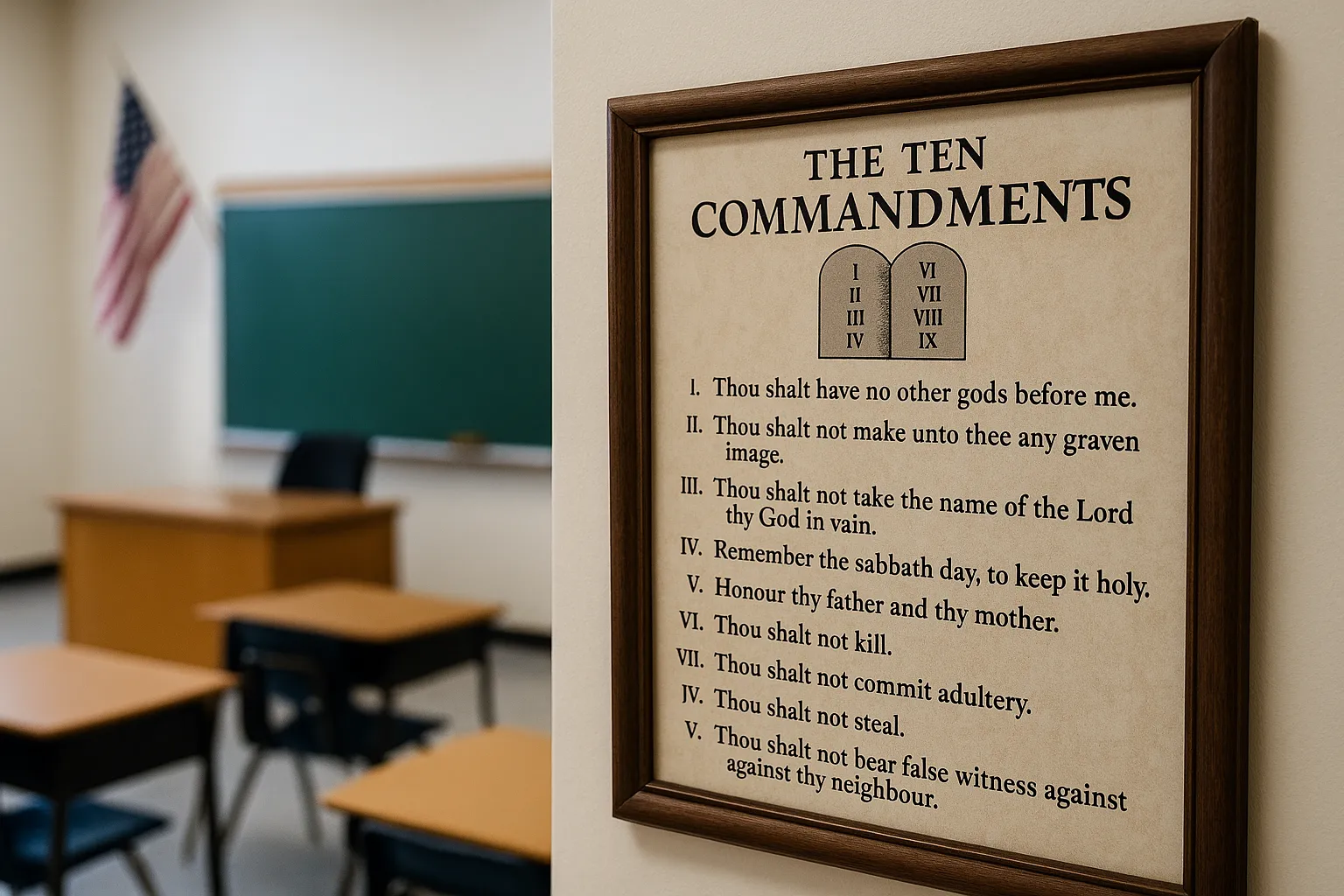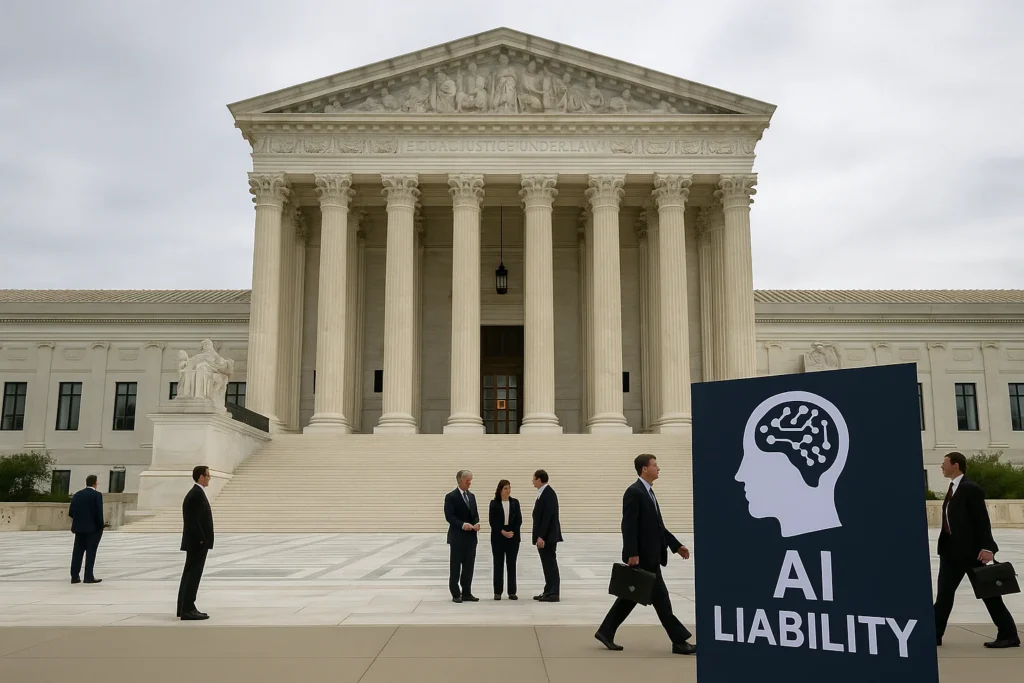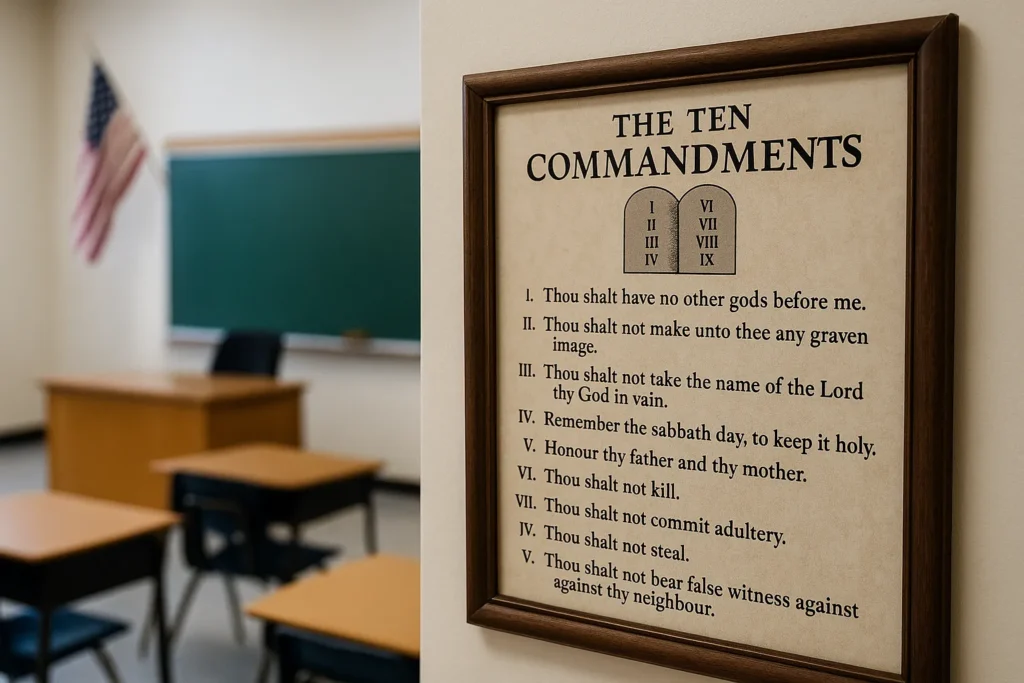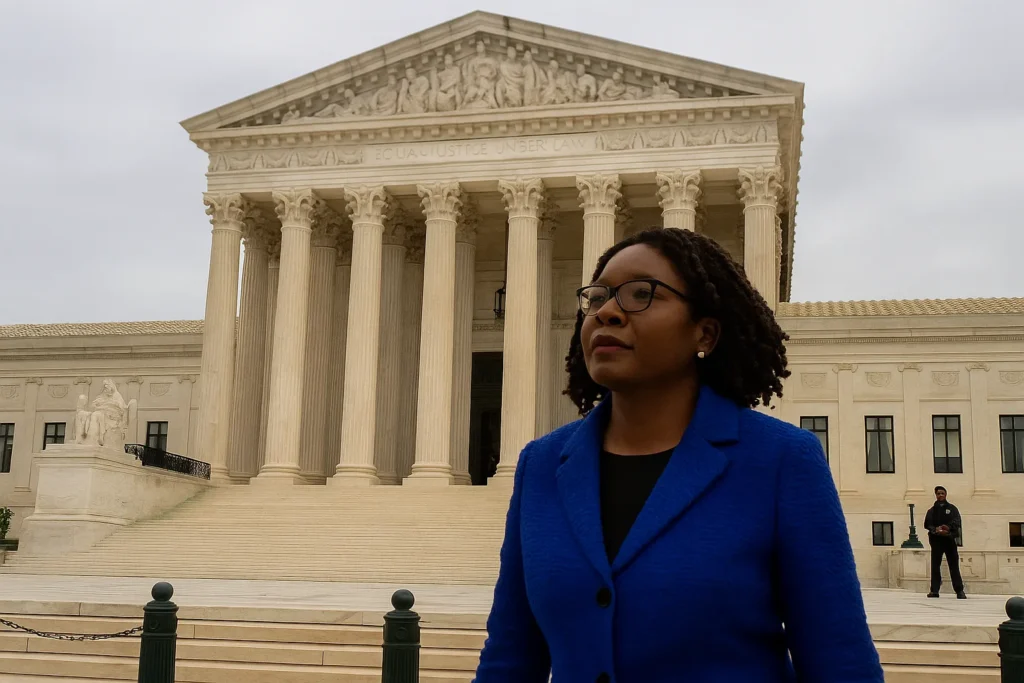The Ten Commandments school law is back in court. Louisiana’s attempt to post biblical rules in classrooms has triggered a fierce national debate. The question is simple yet divisive: where should the line between faith and government be drawn?
Context: Religion and law collide
Louisiana passed a law requiring every public school to hang a Ten Commandments poster. Supporters called it a lesson in history and morality. Civil rights groups saw it differently — as a direct violation of the U.S. Constitution.
Judges blocked the rule after the ACLU and other advocates filed suit. They argued that the law broke the First Amendment’s Establishment Clause. A similar law in Kentucky was struck down in 1980, and the same reasoning applied here.
Now, the Fifth Circuit Court of Appeals has decided to review the case again. That decision could reshape how the country interprets the balance between church and state.
Oppositional Argument: The politics behind the commandments
Politicians sell this law as moral restoration. In reality, it’s a political weapon. It allows conservative leaders to appeal to religious voters while avoiding real education reform.
Instead of raising teacher pay or improving literacy, lawmakers cling to symbols. The commandments serve as a moral stage prop, not a policy solution. It’s theater dressed as tradition.
The Ten Commandments school law exposes how culture wars have replaced genuine governance.
Analytical Breakdown: Why the stakes are higher than they seem
If Louisiana wins this appeal, other states will follow. Texas, Florida, and even Mississippi already have similar bills waiting. The pattern is clear: pass a controversial law, push it through appeals, and force the Supreme Court to rule.
Behind this movement are well-funded legal groups. The Alliance Defending Freedom and Liberty Counsel have been quietly drafting model legislation. Their real aim is not Louisiana. It’s the Constitution itself. They want to narrow the meaning of “separation of church and state.”
If the Supreme Court takes the case, it could roll back decades of precedent. What began as one state’s experiment could change national education policy.
Human Perspective: Voices from inside the classroom
Teachers in Louisiana are caught in the middle. Many say they fear retaliation if they refuse to post the commandments. A history teacher from Baton Rouge told us, “We’re told to hang them and move on. But no one explains what happens if we don’t.”
Students also feel the tension. Classrooms include Christians, Muslims, Jews, and atheists. A poster of one religion’s laws sends a message: only some beliefs belong. That’s not education — that’s indoctrination.
Counterarguments
Supporters insist the Founders drew moral lessons from the Bible. Yet they built a system that kept government away from religion. Their goal was freedom, not uniformity.
Others argue the commandments reflect shared moral values. But whose values? Once government chooses one set of sacred rules, it denies the rest. Heritage cannot justify exclusion.
Conclusion: A battle over belief and power
The Ten Commandments school law isn’t about faith. It’s about control. Louisiana’s appeal revives a deeper American conflict — who defines morality in a democracy?
If the court sides with the state, public schools could become instruments of ideology. If it rules against, it will reaffirm that the state cannot dictate belief.
This case will echo far beyond Louisiana. The next ruling could decide whether America remains a pluralist nation or drifts toward a government of doctrine.
External Links
- Reuters: Appeals court to rehear Louisiana Ten Commandments case
- ACLU: Lawsuit against Louisiana Ten Commandments mandate
63 views






